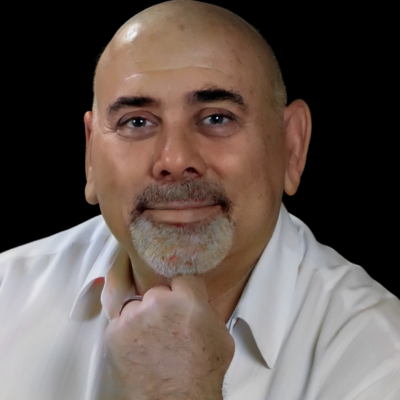One of the biggest challenges facing radio is without a doubt, the need to redefine our brands. What is our promise? So many managers tend to confuse product and brand. They really are not interchangeable. For example, “The Best Variety” is not a true brand position. I learned a long time ago that a brand has to be unique and contestable. In other words, no one else does it and in fact, would not everyone say, “We also play the best music,” and would anyone else ever agree that, “We do not play the best music?”
Before defining your own brand it is important to know the difference between your product and brand. If you’re a sports station, what are the unique qualities that you have over your sports competitors? What can you say that they cannot? Both products offer sports content, but your brand must be yours and only yours.
I first heard the best definition of a “brand” about fifteen years ago from researcher and podcaster, Mark Ramsey. “A brand is a promise, based on a relationship, wrapped inside some addictive experience.” It’s a must-have proposition that makes someone experience the ultimate FOMO (fear of missing out.) I remember standing in line for hours waiting for the new iPhone the day it was released. One year I actually paid a teenager $200 to stand in line for me until I could get there. Colleagues in my office used to say that Steve Jobs could sneeze into my hand and I would buy it. They were probably right.
The truth is, a great brand possesses that feeling of “must-have.” Jobs said it best when he referred to Apple’s brand as, “Social Currency.” The relationship with me as a consumer, and the promise Apple made based on that relationship created a near-ridiculously, addictive experience for me when in fact, the next model didn’t differ all that much from the phone I already had. But I HAD to have it – regardless of the cost.
How many programmers and managers think this way when creating the listener experience, or creating marketing strategies for our clients? Just think about how many radio stations use the same positioners as hundreds of others. I am so excited to be working for a company who has teams that understand this goal and work to create unique brand positions.
When we think of strong brands, there is a great way to do a self-check by looking at the most successful brands in the world. If I said, “Coffee Shop”, what would most people say? In the USA, most would answer, “Starbucks”. If I then said, “Online Shopping” virtually everyone would say, “Amazon.” A great brand can just as often be a person. If said, “Movie Director” the largest percentage of people would answer, “Steven Spielberg.” Why is the mobile phone industry controlled by Apple and Samsung? Users of both swear by them and to get them to switch is a virtual impossibility.
Wouldn’t it be nice to have that same issue with your radio station? It’s possible! Just think like Steve Jobs, or Jeff Bezos and to use an old Apple marketing phrase – “Think Different!”

Bob Lawrence writes weekly columns on radio leadership and business. Additionally, he serves as Market Manager for MacDonald Broadcasting in Saginaw, Michigan. He has held virtually every position in the business over his 40+ year career, from being on-air in Philadelphia, San Diego, and San Francisco to programming legendary stations including KHTR St. Louis, KITS Hot Hits and KIOI (K101) San Francisco to serving as the head of all programming for Saga Communications and working for the Radio Advertising Bureau. Before landing his current role, Bob helped lead Seven Mountains Media’s cluster in Parkersburg, WV/Marietta, OH. He can be reached by email at BGLawrence@me.com.
Bob also honed his research skills over ten years as Senior VP of Operations at Broadcast Architecture, eventually launching his own research company and serving as President/CEO of Pinnacle Media Worldwide for 15 years. Bob spent five years as VP of Programming for Saga Communications before joining New South Radio in Jackson, Mississippi as GM/Market Manager. Prior to joining Seven Mountains Media, Bob served as General Manager for the Radio Advertising Bureau, overseeing its “National Radio Talent System”.




